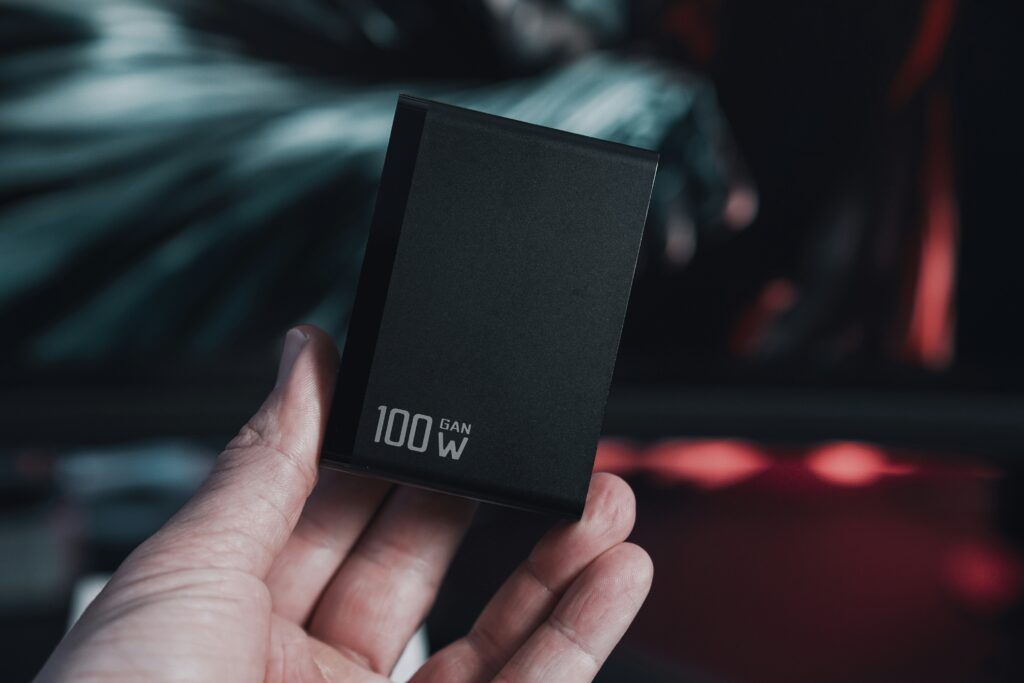Laptop chargers are essential accessories. There is a prominent Variations Among Laptop Chargers. but navigating their specifications, especially concerning voltage and compatibility, can be perplexing. Understanding the voltage requirements and whether most laptop chargers are the same is crucial for ensuring optimal performance and preventing potential damage to your device. Let’s delve into these aspects:
What Voltage Laptop Charger? / Variations among Laptop Chargers.

Laptop chargers supply power to your device, and voltage is a critical factor to consider when selecting the right charger. The voltage requirement varies among laptops and is typically specified by the manufacturer. Common voltage ranges for laptop chargers are around 18 to 20 volts, but it’s crucial to verify the specific voltage needed for your laptop model.
When purchasing a laptop charger or replacement, ensure that the voltage output of the charger matches the required voltage of your laptop. Using a charger with the wrong voltage can damage your laptop’s internal components, so always stick to the recommended voltage.
Are Most Laptop Chargers the Same?

Laptop chargers, despite serving the same basic function of supplying power to a laptop, are not entirely the same, there is variations among laptop chargers. While they might share similarities in appearance or connector types, several crucial differences set them apart:
- Voltage and Current: Laptop chargers vary in their output voltage and current ratings. Different laptops have different power requirements, and their chargers are designed accordingly. Using a charger with the incorrect voltage or current can potentially damage your laptop.
- Connector Size and Shape: While many laptop chargers have similar-looking connectors, there are variations in size, shape, and pin configurations. This means that even if a charger physically fits into your laptop’s charging port, it might not provide the correct electrical connection.
- Compatibility and Brand Specifics: Laptop chargers are often designed specifically for particular laptop models or brands. While some chargers may seem interchangeable, using a charger from a different brand might not deliver the right voltage or current, leading to potential harm to your device. Variations
- Wattage and Power Output: Chargers also differ in terms of wattage, which is the product of voltage and current. Higher-wattage chargers can power laptops that require more energy, but using a significantly lower-wattage charger might not provide enough power.
- Polarity and Safety Features: Even the polarity of chargers (positive/negative orientation) can differ, and some chargers may include additional safety features, such as surge protection or overheating prevention.
Considering these differences, it’s crucial to use the charger recommended or provided by your laptop’s manufacturer. While some similarities exist among laptop chargers, especially in physical appearance, their internal specifications can significantly vary, affecting their compatibility with specific laptop models. At last we have to say There is a prominent Variations Among Laptop Chargers.
Understanding these distinctions can help users make informed decisions and avoid potential damage to their laptops by using the correct charger with the right specifications recommended by the manufacturer. Find out special Tips to Extend Your Charger’s Lifespan.
FAQs about Laptop Chargers:
1. Can I use a charger with a different voltage than my laptop’s requirement?
It’s essential to use a charger that matches the required voltage for your laptop. Using an incorrect voltage charger can cause damage to your device.
2. Are laptop chargers interchangeable between different laptop brands?
Not necessarily. While some chargers might physically fit into the charging port, using a charger from a different brand might deliver incorrect voltage or current, potentially harming your laptop.
3. What if I use a charger with a higher voltage than my laptop requires?
Using a charger with a higher voltage than your laptop needs can damage the device’s components. Always use the charger specified for your laptop’s voltage requirement.
4. Can I use a charger with lower voltage but the same connector?
Using a charger with lower voltage might not provide enough power to charge your laptop or might charge it very slowly. It’s advisable to use a charger with the correct voltage.
5. Are universal laptop chargers suitable for all laptops?
Universal chargers may come with multiple connector tips to fit various laptops, but ensuring compatibility with your specific laptop’s voltage and current requirements is crucial to prevent damage.
6. How do I find the correct voltage for my laptop charger?
You can find the required voltage for your laptop in the user manual or on the original charger’s label. If uncertain, check the manufacturer’s website or contact customer support for guidance because there is a huge variations among Laptop Chargers.
Understanding the voltage specifications and the uniqueness of laptop chargers among different brands is essential for selecting the right charger to keep your laptop running smoothly and safely. Always adhere to the recommended voltage and specifications outlined by the manufacturer to maintain your device’s health and performance.
This comprehensive guide provides insights into understanding laptop charger voltage requirements and their uniqueness across brands, along with addressing common FAQs to help users make informed decisions when it comes to selecting the appropriate charger for their laptops.


1 thought on “Unveiling Charger Diversity: Exploring Variations Among Laptop Chargers”